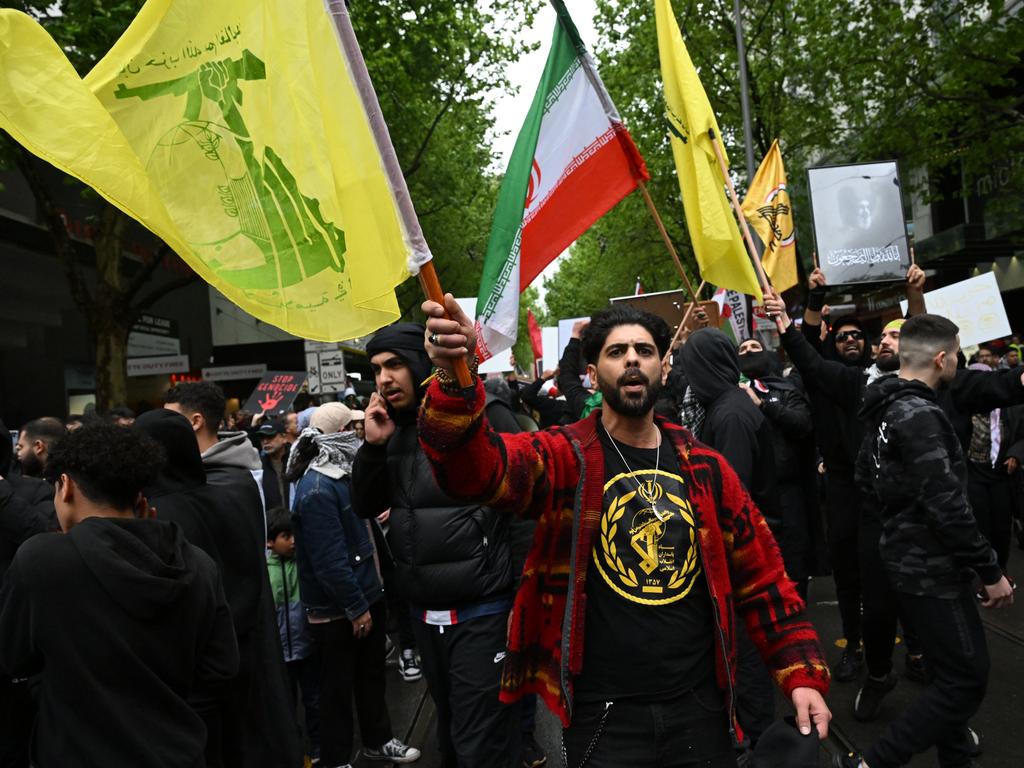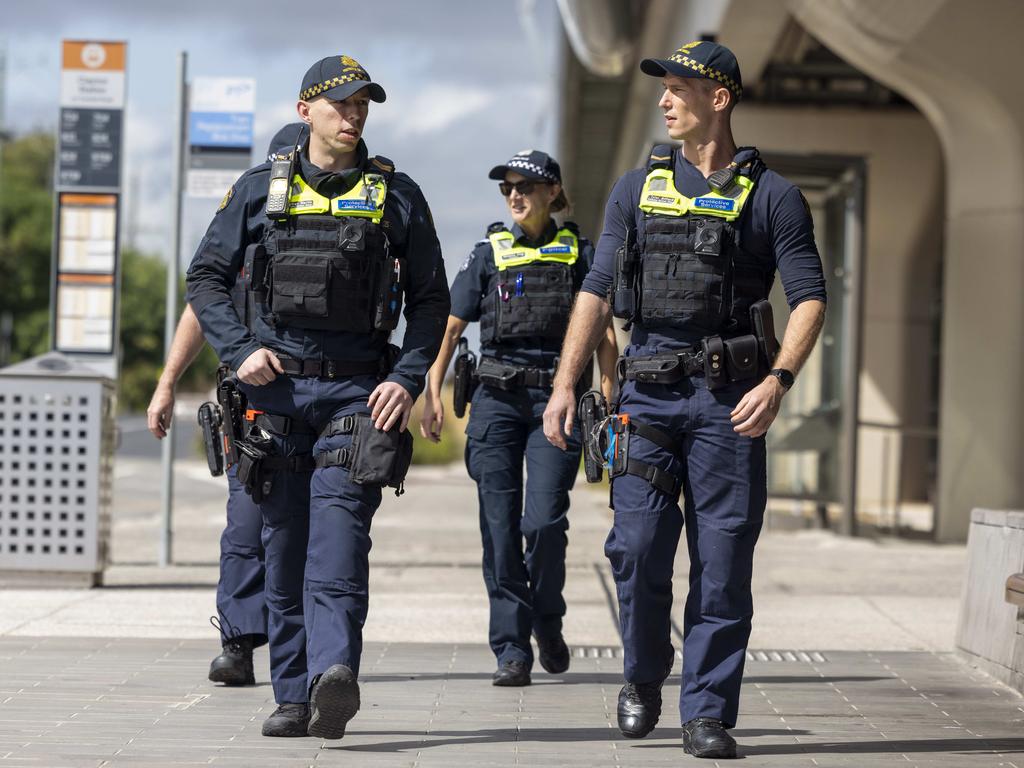Why police in Victoria can’t stop a planned pro-Palestine rally in Melbourne on October 7
A planned mass gathering of pro-Palestine protesters on October 7 has sparked outrage. Police in New South Wales are moving to cancel any such event. What options does Victoria have?
Victoria
Don't miss out on the headlines from Victoria. Followed categories will be added to My News.
The Allan government is under fresh pressure to introduce a protest permit scheme ahead of planned pro-Palestine rallies on the anniversary of the October 7 massacre.
Here’s what you need to know about the state of play in Victoria.
What are protest permits?
A protest permit is a scheme where a governmental agency grants permission to allow a demonstration be held at a particular venue at a particular venue.
How do they work?
Protesters would need to apply to an agency to have their protest approved. Those who don’t obtain a permit could face charges.

What is the government’s position on protest permits?
The Allan government has so far resisted calls for a protest permit scheme in Victoria. Premier Jacinta Allan in March said police had the necessary powers to arrest and move on people who posed a threat to themselves or the community. She said a permit scheme would be ineffective and wouldn’t guarantee that protests don’t turn hostile. Senior Victorian Minister Danny Pearson on Wednesday said the state did not need a permit system, saying the current settings were “right”.
Are protest permits used anywhere else?
In New South Wales, a permit system is in place to give its police chief authority to oppose a gathering.
Does Victoria Police want protest permits?
In March, the Herald Sun revealed police were seeking new rules to crackdown on unruly protesters. Victoria Police, who were concerned about how often protests were being held and the disruption they have on their own resources as well as the broader community, contacted Police Minister Anthony Carbines about the introduction of a permit system, which they said could stop continual protests about the same issue.

Who doesn’t support protest permits?
The Human Rights Law Centre has raised concerns about such a proposal saying the requirement of a permit will undermine the ability of a person to exercise their right to peacefully protest.
What current powers do police have when it comes to protests?
Victoria Police says it does not have the power to deny a protest from occurring, so long as it is lawful.
Can protesters be charged?
While protesting is a fundamental right, police can still charge protesters with offences such as trespass, obstruction, assault, resist or hinder police.
What does the opposition say?
Liberal leader John Pesutto has called on the Allan government to reintroduce police move on powers and introduce a protest permit system. He also wants the government to apply to the Supreme Court to have a block put on the looming rally. By filing a court injunction, the government would seek powers from the court to determine the protest unlawful. Police in NSW, where they have a protest permit system, have done this but it’s unclear whether such a move would work in Victoria which doesn’t have a permit system. The opposition has said the government could seek an injunction under common law.
Originally published as Why police in Victoria can’t stop a planned pro-Palestine rally in Melbourne on October 7








